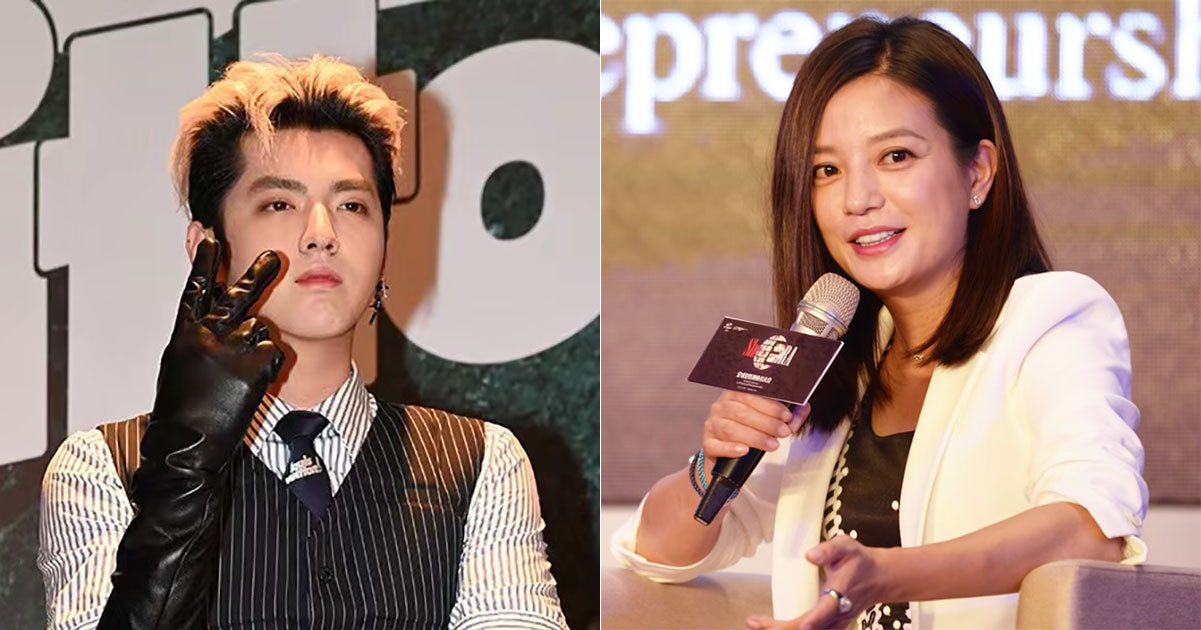Follow us on Telegram for the latest updates: https://t.me/mothershipsg
The Cyberspace Administration of China (CAC) announced on Nov. 23 it will regulate the presence of celebrities online.
News about the crackdown was reported widely internationally and in China itself.
CAC has introduced regulations that strictly limit what celebrities, their agents and even fans can do on social media, and also banned paparazzi that expose the private life, home address or schedules of stars.
“Some online publicity about celebrities is undisciplined. Gossip and private information have occupied the front page and trending topics of some websites, taking up a lot of public resources”, the CAC said, according to South China Morning Post.
Celebrity information should also “adhere to the correct direction of public opinion and value orientation, and promote core socialist values”.
What are the new rules?
The new rules will limit the number of accounts by celebrities to one on each platform, a ban on showing off a luxury lifestyle, and restricting posts that show their work and activities, SCMP reported.
Fan club accounts need to be authorised by the star's agency, Financial Times reported.
More than 20,000 “illegal” accounts have been removed, a CAC authority said a week before the latest announcement, according to SCMP.
Over 400,000 “harmful” posts were also removed.
Platforms are required to monitor and establish warning mechanisms for accounts with a certain amount of followers, the new rules also stated.
Accounts that publish biased or confusing information that provokes confrontations and manipulates public opinions should be punished accordingly, according to the notice.
Online platforms will be required to report any inappropriate activity to the authorities.
If a celebrity has violated the law or engaged in what is deemed as unethical behaviour, their actions cannot be whitewashed.
Warning list of celebrities published on same day
On the same day, the government-endorsed China Association of Performing Arts published the ninth warning list for livestreaming performances covering 88 celebrities, including Chinese-Canadian pop idol Kris Wu Yifan who has been arrested on rape charges, actress Zheng Shuang who was fined for tax fraud, and actor Zhang Zhehan who visited Japan's war-linked Yasukuni Shrine and went against the Chinese public's emotions, Global Times reported
Since the launch of the warning list in 2018, eight lists of 358 online celebrities have been issued, and all members of the association have been told to boycott the celebrities on the list.
A lot of these celebrities who were deemed to have committed transgressions subsequently disappeared from public view, including pianist Li Yundi, who was arrested in October 2021 for allegedly patronising a prostitute, besides Wu.
“Illegal or unethical” people are not allowed to return to the industry, the notice added.
Rationale for restrictions on celebrity culture
Zhu Wei, a communications researcher at the China University of Political Science and Law in Beijing, told government-back newspaper Global Times that as public figures, entertainment celebrities have a greater social identity, and they have more power to mobilise public opinion than ordinary people, so they should also assume higher social responsibility and moral standards.
The negative list will further clarify that abiding by the law and being moral are the bottom line to become entertainment celebrities and other public figures, Zhu said.
News of ban on celebrities rock Chinese citizens
News of the ban was the ninth-highest trending topic on Chinese microblogging platform Weibo, with nearly 65 million views, on the day it broke, SCMP said.
What is allowed, though, is not entirely clear as the rules appear not entirely clearly defined and even open to interpretation, FT reported.
According to the CAC, hyping up celebrities' performances in drama and music, and even charitable work, are restricted, with information to be transmitted “naturally”, without any hype.
The CAC notice was dated Oct. 26, but made public close to a month later only.
Background
Since June 2021, Beijing started to come down on online fan circles, SCMP highlighted.
Also known as fan quan, they are informal virtual communities that each rally around an idol and can turn vicious and on one another.
Typically made up of minors who are fans of celebrities, the members dox and troll rival groups and contribute money to their idols.
The new notice also explicitly banned trolling, as well as irrational buying or fundraising among fans for stars.
Top photos via Getty
Follow and listen to our podcast here
If you like what you read, follow us on Facebook, Instagram, Twitter and Telegram to get the latest updates.
